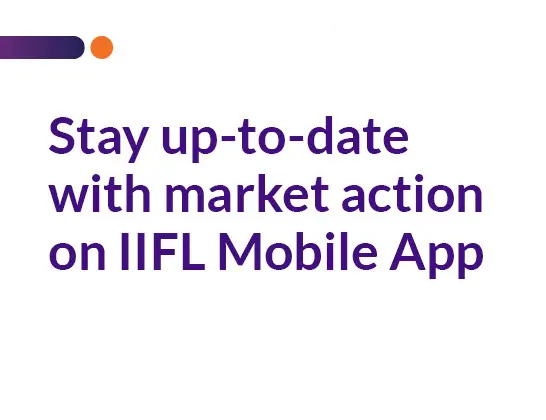When you think about the basic idea behind investing, it seems to be fairly simple: you buy securities at a lower price and sell them when the price is high. However, all prospective investors need to realise and understand that investing is rarely ever that easy. For starters, the plethora of choices available in terms of the investment instruments and the tools for investing can often seem quite overwhelming. Additionally, even after you have decided on the instruments you wish to trade in, you are constantly required to keep track of movements in the market.
For beginner investors to ensure the trades are profitable, the understanding of the market should be at a level that they can effectively preempt as to which economic, political or social developments can affect the current market trend. The same goes with learning about the investment instruments that can offer you hefty profits in return for your knowledge about how to trade them effectively. One such investment instrument is a type of derivative contract called Put Options.
What are Options Contracts?
Options Contracts refer to financial contracts between two parties, wherein the value of the contract is derived from the value of the underlying asset, such as the stocks, commodities, currencies etc. These contracts essentially revolve around the potential future value of the underlying asset. The two parties mutually agree upon the terms of the contract to choose the underlying asset, the strike price, and the contract’s expiration date. Essentially, there are two types of options contracts: Put Option and Call Option.
What Are Put Options?
A put option is a derivative contract that allows a person to attain the right, but not the obligation, to sell a specified amount of the underlying asset at a certain price and date. This specified price as decided upon through the contract is referred to as the strike price.
A put option is an ideal tool for sellers who want to safeguard their investment in case the price of the underlying asset falls in the future. The underlying asset’s value may fall beneath what the buyer had promised to pay for it. Thus, causing a loss to the buyer. However, as the contracting parties have already agreed on a strike price, the seller receives the predetermined strike price even when the current price is lower. This allows the seller to make huge profits even when the asset’s market value has fallen.
What Is a Call Option?
A call option refers to a derivative contract that gives a person the right, but not the obligation, to purchase a specific quantity of an underlying asset at a predetermined strike price and a previously agreed upon date.
With a call option, you stand to make a profit if the underlying asset’s value increases before the call option’s expiration date. If the value of the underlying asset increases to more than the strike price that was agreed upon, the investor can essentially buy the underlying asset at a significantly lesser amount than market prices.
What Are the Advantages Of Put Options?
Since buying an options contract involves deciding between buying a put or a call option, it is important to understand the advantages. However, when compared with each other, a put option offers better advantages than a call option. Read on to learn the advantages offered by a put option that is unavailable with a call option.
1. Favourable Time Decay:
Time is of the essence when you enter into derivative trading intending to make profits, and options are a time-bound asset that provides the put sellers with a favourable advantage. The nearer an options contract is to the completion of its specified period, the less valuable it becomes. Thus, the put option sellers are likely to benefit through the time decay by selling the contract while the option still offers value to them. In this case, however, the person with the call option is not favoured by the time decay.
2.Favourable Price Direction:
The stock or the underlying asset of an option can move in any direction. It can rise or fall significantly based on social, economic and political developments. As an investor with a call option, it becomes necessary to buy the option at a price lower than the strike price for it to be profitable. However, investors with a put option can profit if the underlying asset’s price remains unchanged or even if it drops slightly. This ensures that a trader with a put option is more likely to profit than a call option’s trader.
3.Favourable Implied Volatility:
Implied volatility refers to an option contract’s expensiveness. When the implied volatility in a market is high, the option contract’s price tends to be more expensive. As a trader with a put option, you would want to sell when the price is high and buy the assets when the price drops. This is possible only when the implied volatility is high but decreases subsequently with time. Market observers over the years have noted that high implied volatility has a natural tendency to drop over time, which means that traders with a put option are bound to make profits over some time since the natural conditions of the market are in their favour.
Conclusion
Market forces seem dominant when you first begin investing, but the longer you remain invested, the more you become experienced enough to understand the market factors. The longer you trade, the more you can watch out for the factors that are likely to impact the market you are trading in, and you can take preemptive measures to safeguard your investments. The same goes for put options that can allow them to make better profits than a call option. However, you should make sure to seek out all the information from online investment app that you require before you invest a large sum into options trading especially put options.




